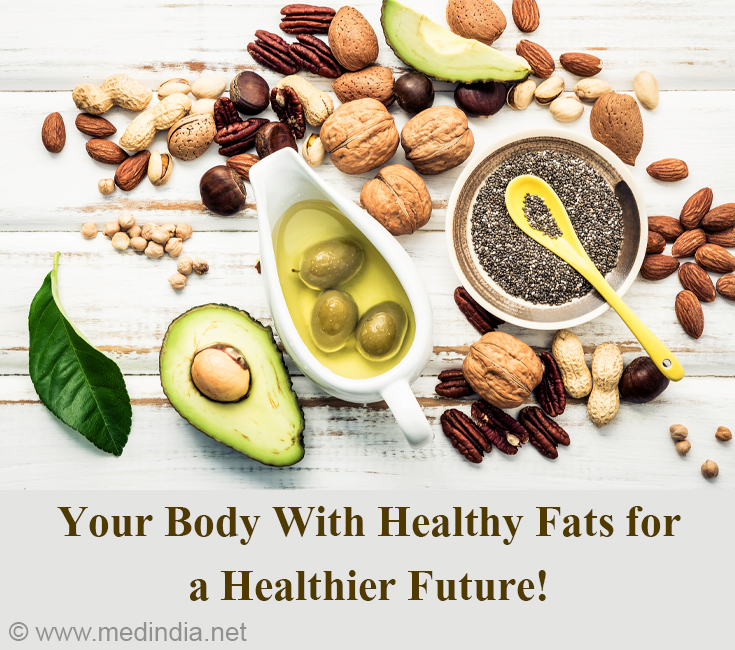Replacing butter with plant-based oils may lower mortality risk and promote heart health.
- Replacing butter with plant-based oils may reduce mortality risk
- Plant-based oils support heart health and lower inflammation
- Small dietary changes can have long-term health benefits
Butter and Plant-Based Oils Intake and Mortality
Go to source).
Replacing butter with plant-based oils can reduce the risk of premature death by up to 17%! #healthyfats #hearthealth #medindia’
How Butter and Plant-Based Oils Impact Mortality
Studies on Butter and Health Risks
A recent study published in JAMA Internal Medicine analyzed data from over 220,000 participants over three decades, revealing that replacing butter with plant-based oils like olive, canola, and soybean oils can reduce the risk of premature death by 17%. The saturated fats in butter can contribute to arterial plaque buildup, raising the risk of hypertension and cardiovascular events. While moderate consumption may not be harmful, excessive intake has been linked to negative health outcomes.
Plant-Based Oils and Longevity
On the other hand, plant-based oils have been associated with a lower risk of mortality, particularly when used as a replacement for butter and other saturated fats. Olive oil, in particular, has been widely studied for its role in promoting heart health and longevity, thanks to its high levels of antioxidants and anti-inflammatory compounds. Diets that emphasize plant-based oils, such as the Mediterranean diet, have been linked to longer life expectancy and lower rates of chronic diseases.
Saturated vs. Unsaturated Fats: What’s the Difference?
The Role of Saturated Fats
Butter is high in saturated fats, which can increase LDL (bad) cholesterol levels, potentially leading to heart disease and other metabolic disorders. Studies have shown that excessive consumption of saturated fats is associated with a higher risk of mortality from cardiovascular conditions. While butter contains some essential nutrients like vitamin A and butyrate, its high saturated fat content makes it a less favorable option for heart health.
Why Unsaturated Fats Are Beneficial
Plant-based oils such as olive oil, flaxseed oil, and sunflower oil are rich in unsaturated fats, particularly monounsaturated and polyunsaturated fats. These fats have been shown to lower LDL cholesterol while increasing HDL (good) cholesterol, reducing inflammation, and supporting overall cardiovascular health.
Making Healthier Choices
Moderation is Key
While butter is not inherently bad, moderation is essential to maintaining a balanced diet. Experts recommend limiting saturated fat intake to less than 10% of daily calories and opting for healthier fat sources whenever possible. Using butter occasionally rather than as a staple can help minimize potential health risks.
Best Oils for Everyday Cooking
For those looking to optimize their health, replacing butter with heart-healthy oils is a simple yet impactful dietary change. Extra virgin olive oil, avocado oil, and flaxseed oil are among the best choices for cooking and dressing meals. Choosing oils with high smoke points for cooking and using unrefined oils for salads and drizzling can maximize their health benefits.
The choice between butter and plant-based oils can significantly impact long-term health and mortality risk. While butter can be enjoyed once in a while, choosing unsaturated fats from plant-based oils offers greater health benefits and promotes longevity. Small dietary alterations can have a profound impact, making it crucial to choose fats wisely for a healthier future.
Small changes today can lead to a healthier, longer life tomorrow.
Reference:
- Butter and Plant-Based Oils Intake and Mortality - (https://pubmed.ncbi.nlm.nih.gov/40048719/)
Source-Medindia













